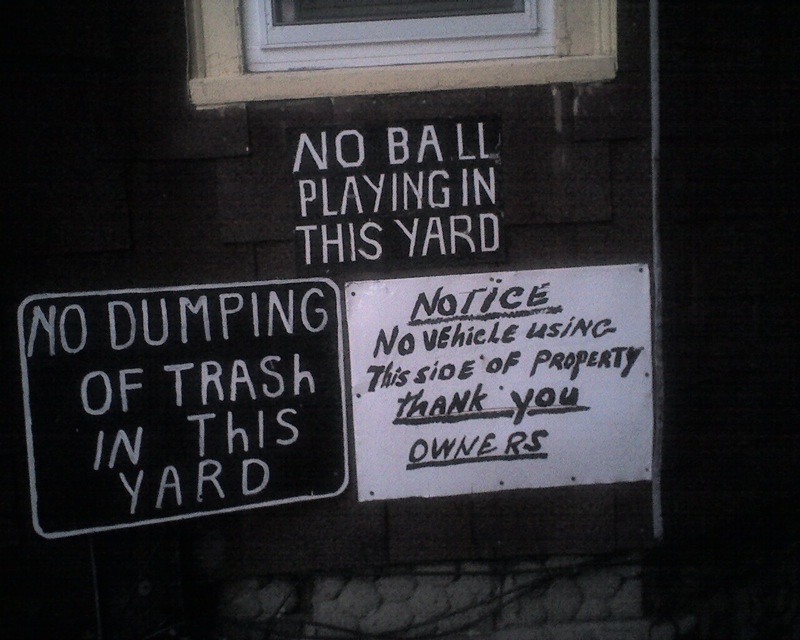
Lost and found. Photo: Rick Harrison
For someone with such an eye for detail, I have an incredibly bad habit of misplacing things. Sometimes I think of such clever places to keep things so that I won’t “lose them”, that I actually end up being unable to find them when I look for them. For instance, I have not seen my Mac mini to HDMI adapter for the past month or two. Today I had to go and buy a new one. Chances are, I bet that I will find it now.
So is this a big issue? No, but it certainly is a minor inconvenience. One that I’d be much happier without. Noticing things is one thing, committing the noticing to memory is another entirely. That’s something I’d like to be able to work on. Memory. I actually have a pretty good memory, when I use it. I think that the problem is I need to actually engage my memory to make it work properly. I guess that’s just a pitfall of being a human. I excel at memory games and activities which require the conscious engagement of memory and the brain. It just so happens that I have trouble remembering where I put things. Could it be that I don’t pay enough notice of the little things? Maybe I only notice things that I think are important. I guess this goes back to the article on “Noticing” by John Mason.
It’s an integral skill that we often take for granted, one that we don’t realise to its full potential. Perhaps it’s high time I started doing something about that.

